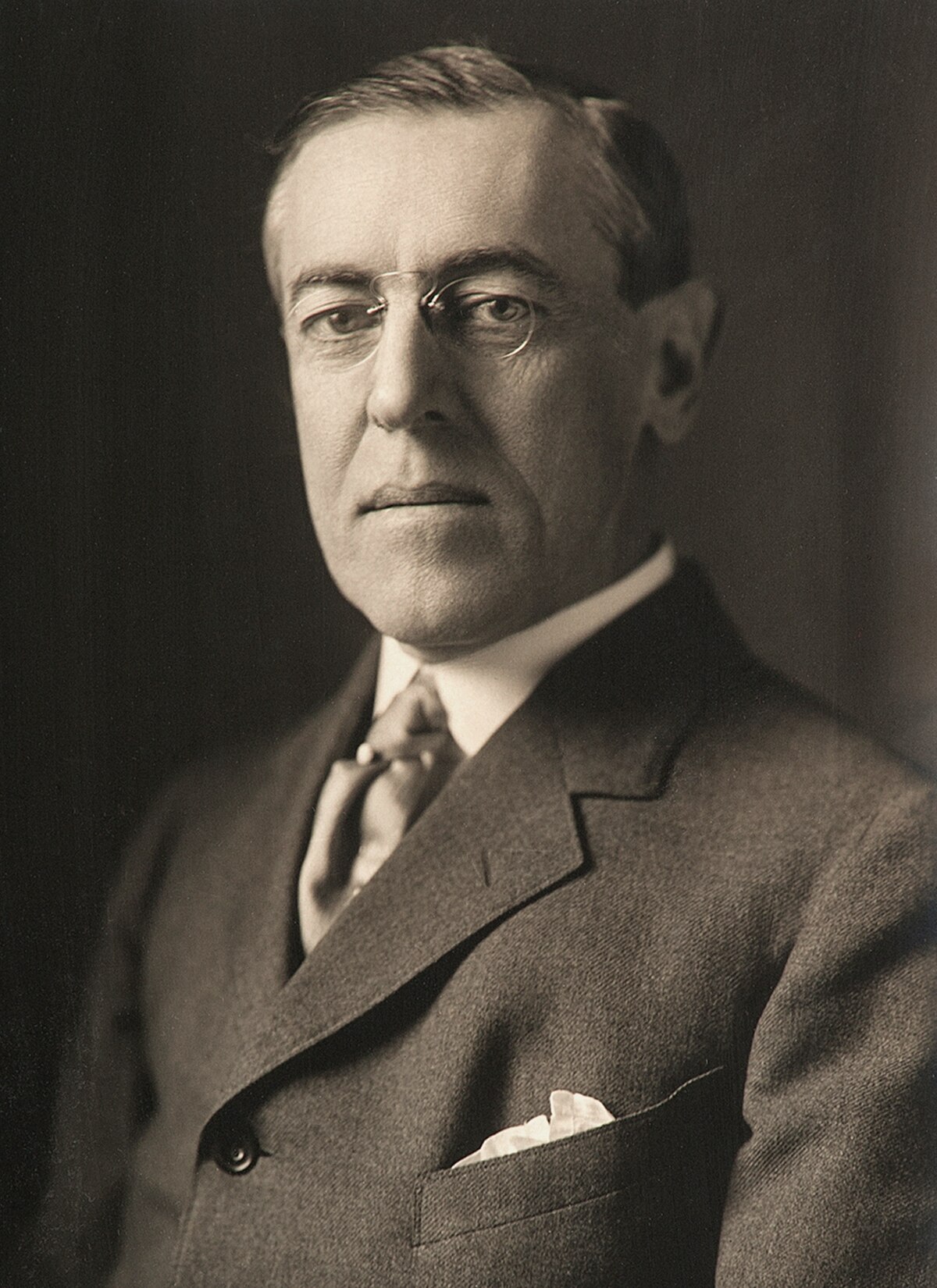
Era:
Date Created:
Year Created: 1917
Collection this Document is Affiliated with:
Description: This article describes the process in which the cloture rule was established in the U.S. Senate. Woodrow Wilson was a key proponent of the cloture rule who advocated for its incorporation into the rules of the U.S. Senate. The cloture was established that in order to end debate on legislation, or a filibuster, two-thirds of the Senate had to agree to invoke cloture. The threshold for cloture has more recently been lowered to a simple majority in the U.S. Senate for confirmations.
Categories of Documents:
Woodrow Wilson considered himself an expert on Congress—the subject of his 1884 doctoral dissertation. When he became president in 1913, he announced his plans to be a legislator-in-chief and requested that the President’s Room in the Capitol be made ready for his weekly consultations with committee chairmen. For a few months, Wilson kept to that plan. Soon, however, traditional legislative-executive branch antagonisms began to tarnish his optimism. After passing major tariff, trade, and banking legislation in the first two years of his administration, Congress slowed its pace.
By 1915, the Senate had become a breeding ground for filibusters. In the final weeks of the Congress that ended on March 4, one administration measure related to the war in Europe tied the Senate up for 33 days and blocked passage of three major appropriations bills. Two years later, as pressure increased for American entry into that war, a 23-day, end-of-session filibuster against the president’s proposal to arm merchant ships also failed, taking with it much other essential legislation. For the previous 40 years, efforts in the Senate to pass a debate-limiting rule had come to nothing. Now, in the wartime crisis environment, President Wilson lost his patience.
Decades earlier, he had written in his doctoral dissertation, “It is the proper duty of a representative body to look diligently into every affair of government and to talk much about what it sees.” On March 4, 1917, as the 64th Congress expired without completing its work, Wilson held a decidedly different view. Calling the situation unparalleled, he stormed that the “Senate of the United States is the only legislative body in the world which cannot act when its majority is ready for action. A little group of willful men, representing no opinion but their own, have rendered the great government of the United States helpless and contemptible.” The Senate, he demanded, must adopt a cloture rule.
On March 8, 1917, in a specially called session of the 65th Congress, the Senate agreed to a rule that essentially preserved its tradition of unlimited debate. The rule required a two-thirds majority to end debate and permitted each member to speak for an additional hour after that before voting on final passage. Over the next 46 years, the Senate managed to invoke cloture on only five occasions.
Citation:
U.S. Congress. Senate. The Senate, 1789-1989, Vol. 2, by Robert C. Byrd. 100th Cong., 1st sess., 1991. S. Doc.100-20.

